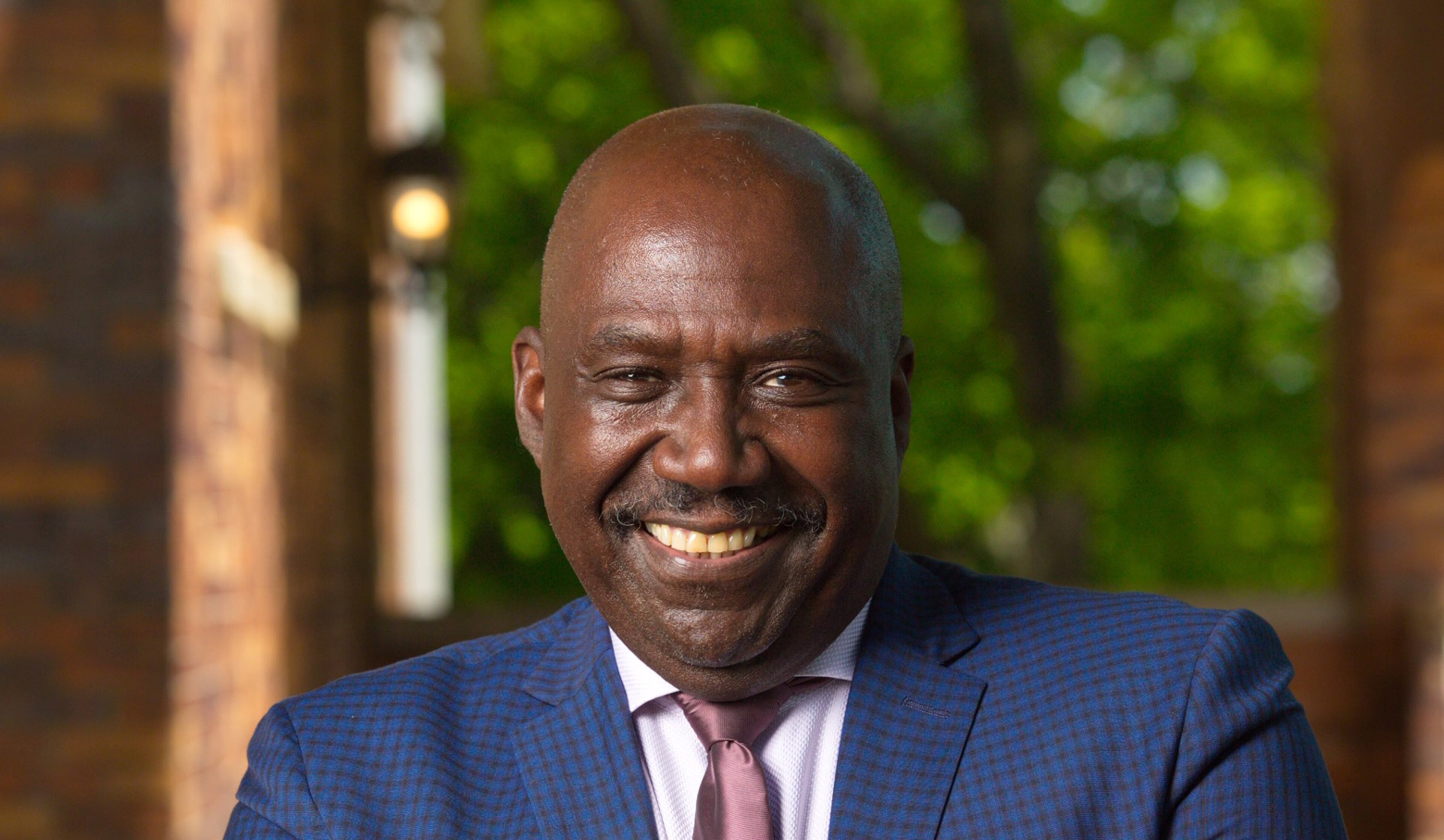Opinion: Making corporate boards more inclusive

In the year since the tragic murder of George Floyd, American society has called for and taken important steps toward advancing racial equality. Among these are new laws and regulations requiring more seats in corporate boardrooms for people of color. Activist investors have also been pressing public companies to broaden the profiles of their management teams.
But righting the historic imbalance in Corporate America won’t happen overnight. Blacks currently make up 3% of the senior management of Fortune 500 companies. There are only three Black CEOs among their ranks. And just 21 Black executives sit on the boards of S&P 500 firms, out of more than 4,000 directors.
To address this yawning gap, my organization, the https://www.theherndonfoundation.org/, is taking steps to prepare a new crop of highly qualified minority executives, as well as women and members of the LGBT community, to assume posts on corporate boards moving ahead. Numerous studies show that diverse management teams consistently outpace the financial performances of those that lack diversity. The creativity and variety of viewpoints provided are indisputable.
But the reality is that this systemic exclusion of women, Blacks and other minorities from the upper echelons of American business have placed them at a distinct disadvantage in seeking corporate board seats. They’re often blind to the intricacies behind the selection process, as well as the subject expertise needed to thrive there. To gain a seat at the table, you need to at least be in the room!
To meet this challenge, we launched in February the Herndon Directors Institute to prepare an inaugural class of executives to join corporate boards. The 19 selectees, who include Blacks, Asians, Latinos, women and LGBTG+ persons, are partnered with mentors from top American businesses, universities and government offices. And four times per month, they’re schooled on core issues facing directors, such as SEC filings, risk assessment and oversight, and regulatory liability. This six-month process will provide the participants with the relationships and business networks required to advance in the corporate space.

The Herndon Foundation and the affiliated Atlanta Life Insurance Co., where I serve as executive chairman, have played unique and leading roles in advancing Black Americans and other minorities since the Civil War. Atlanta Life was founded in 1905 by a former slave, Alonzo Herndon, who grew his investments in Atlanta barber shops and real estate to become the city’s wealthiest Black citizen.
At the time, he was barred from service in his own establishments Atlanta Life is the only Black-owned insurance company in the U.S.
Herndon and Atlanta Life’s leadership have always believed that the company and its resources should be directed toward advancing civil and economic rights for disadvantaged Americans. Herndon was a founding member of both the National Business League and the Niagara Movement, the precursor of the NAACP. Atlanta Life was also the only company to insure Rev. Martin Luther King Jr. during his life. And it played an active role in the civil rights movement of the 1950s and ’60s, providing employment to activists and bailing out protestors from jail.
We’re seeking to build on this legacy in developing the Herndon Directors Institute, and we’re drawing from lessons learned in other parts of the world. Visiting post-apartheid South Africa a few years ago, I was struck by how central integrating the country’s businesses and boardrooms have been to trying to heal the wounds of its tragic past. The ability to give businesspeople from disadvantaged communities access to the C-suite is like creating a Voting Rights Act for corporate board services. Everyone learns and gains from this process.
The Herndon Directors Institute’s first year of operations has been truly heartening. An incredibly diverse class of fellows have joined us, including CEOs from the private sector, U.S. military generals, and leaders from nonprofits and the government. And they’ve been taught and mentored by some of this country’s truly great minds, ranging from the Institute’s dean, Dr. Johnnetta Betsch Cole, president-emeritus of Spelman College; Steven Reinemund, former chief executive officer of PepsiCo.; Peter Buffett, co-president and co-chair, Novo Foundation; Byron Loflin, global head of board engagement at NASDAQ, and Francisco D’Souza, founder of Cognizant Technology Solutions. Kenneth Frazier, chairman and CEO of Merck and Co. gave the inaugural address to the Institute’s class.
The Herndon Foundation and Atlanta Life have been central players in uplifting minorities and people of color during critical stages of U.S. history. This has included helping Blacks build and sustain businesses during the post-Civil War years and the decades of Jim Crow law in Georgia and the broader South. We now hope to forge a new era of racial equity in the boardrooms of corporate America. We hope business and political leaders in the country will join us in this pursuit.
Roosevelt Giles is executive chairman of the board of Atlanta Life Insurance Group. He also serves as chairman of the Alonzo F. and Norris B. Herndon Foundation.


